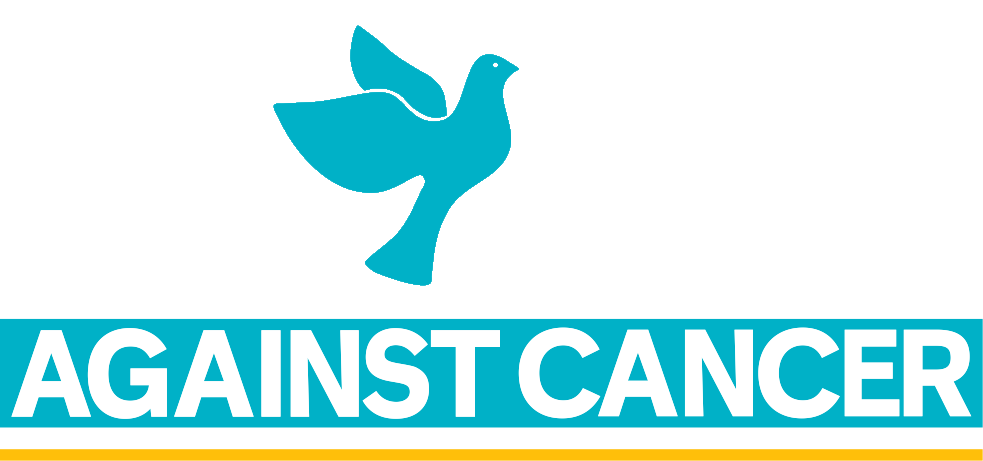SHARING Hope Against Cancer
with successful projects and a new generation of cancer experts going out into the wider world
Sharing results is a fundamental part of science. Peer review, testing and then taking the next steps allows knowledge to develop and grow within the scientific community.
Here at Hope Against Cancer we consider sharing to be one of our core goals and, in this, we not only consider the sharing of results but, through our funding of PhD students and other researchers the skills grown here in Leicestershire and Rutland positively affect the world.
Here are some examples of how Hope funding helps to share scientific research.
New pathways
Dr Josephina Sampson completed her PhD in 2017, and was jointly funded by Hope Against Cancer and the Medical Research Council.
Her pioneering research revealed a new pathway that could be targeted to give a more tailored treatment for cancer in the future.
Josephina explains: “The purpose of my research was to provide a better understanding of how cancer cells deal with abnormal cell division and whether this can provide new insights that allow for the development of drugs that selectively target and kill cancer cells. Hopefully this will ultimately lead to new therapies with fewer, or ideally no, side-effects.”
Her findings have been published in the prestigious journal, Cancer Research.
Curcumin spices up research
Two researchers have been looking at the active ingredient of the spice turmeric (known as curcumin) to see how it may improve outcomes for patients with bowel cancer.
Hope funded Dr Chinenye Iwuji to investigate whether curcumin was safe for patients to take at the same time as their chemotherapy drugs for bowel cancer that had spread to the liver.
Chinenye found that patients were able to safely take 2g of curcumin a day.
She is now a Consultant Medical Oncologist at the University Hospitals of Leicester NHS Trust, and will continue to look after patients who are receiving chemotherapy for bowel cancer.
Chinenye said: “Hope sponsored my PhD research project during my specialist registrar training at Leicester Royal Infirmary. It was a great privilege to be able to offer patients a novel treatment agent, giving them new hope in their cancer journey. I learned an invaluable new set of skills both in the laboratory setting as well as in the field of clinical trials.”
Dr Sameena Khan was awarded a Clinical Fellowship in 2015, to investigate the use of curcumin as a cancer prevention agent in bowel cancer.
She said: “Research in this area is critical - currently up to half of patients diagnosed with bowel cancer, present at a stage, where sadly we are unable to offer potentially curative treatment. It is hoped that this research will improve our understanding of cancer biology and develop the use of cancer prevention agents in a clinical setting. I am extremely grateful to Hope Against Cancer for providing the support and facilities required to carry out this research.”
Liquid biopsies
In 2015, Dr Mark Openshaw was awarded a Clinical Fellowship to investigate the use of cell-free DNA as a “liquid biopsy” in a range of common cancers. The aim was to improve the options for cancer therapies and to see if it is possible to develop treatments that are appropriate for the individual patient.
The benefit of developing a “liquid biopsy” – using a blood test to detect cancers and guide cancer treatment– is that the patient does not have to undergo repeated biopsies of their tumours, which can be intrusive and sometimes not possible to carry out.
Mark said: “The department of Cancer Studies at the University of Leicester has significant expertise in the area of cell-free DNA research, and I am extremely grateful to Hope Against Cancer for providing the support and facilities to enable me to carry out this research.”





